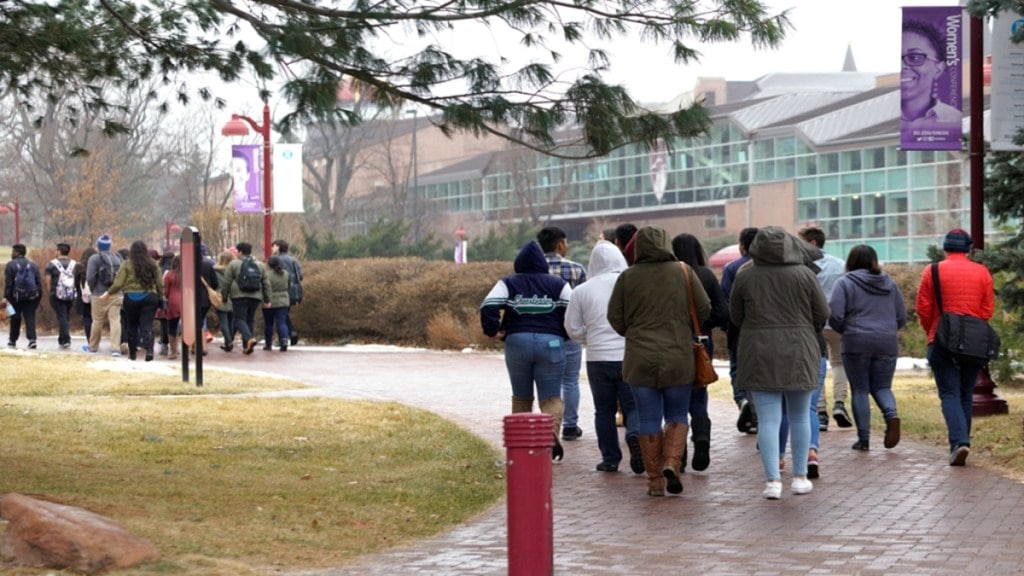The US State Department is resuming the student visa application process for foreigners, requiring all applicants to set their social media accounts to ‘public’ for official review.
According to an internal State Department cable, President Donald Trump’s administration on Wednesday ordered the resumption of student visa appointments but will drastically increase its social media screening to find any applicants who might be anti-American.
U.S. consular officers must now conduct a “comprehensive and thorough vetting” of all student and exchange visitor applicants to identify those who “bear hostile attitudes toward our citizens, culture, government, institutions, or founding principles “, according to a cable dated June 18 sent to US missions on Wednesday.
“Resuming student visa interviews is a huge relief — and something we were anticipating, as the pause was always meant to be temporary. The added layer of mandatory social media screening isn’t surprising either. In my opinion, students should not delete anything — the authorities likely have access to past data, and sudden changes might raise suspicion. It’s better to be transparent and prepared,” says Ankit Mehra Co-Founder and CEO of GyanDhan.
On May 27, the Trump administration directed its overseas missions to cease scheduling new appointments for student and exchange visitor visa applicants, citing the State Department’s plans to extend social media vetting of international students.
U.S. Secretary of State Marco Rubio stated that fresh instructions would be provided after the evaluation was complete.
The June 18 dated cable, which was sent by Rubio and sent to all U.S. diplomatic missions, directed officers to look for “applicants who demonstrate a history of political activism, especially when it is associated with violence or with the views and activities described above, you must consider the likelihood they would continue such activity in the United States.”
The cable, which was originally reported by Free Press, also empowered consulate officers to request that applicants make all of their social media accounts public. “Remind the applicant that limited access to….online presence could be construed as an effort to evade or hide certain activity,” the communication read.
The move follows the administration’s enhanced vetting measures last month for visa applicants looking to travel to Harvard University for any purpose, in what a separate State Department cable said would serve as a pilot program for wider expanded screening.
The new vetting procedure should involve an examination of the applicant’s complete internet presence, not just social media activity, according to the cable, with officers encouraged to use any “appropriate search engines or other online resources.”
During the vetting, officers are instructed to look for any potentially disparaging information about the candidate.
“For example, during an online presence search, you might discover on social media that an applicant endorsed Hamas or its activities,” the cable says, adding that this may be a reason for ineligibility.
Rubio, Trump’s senior diplomat and national security adviser, has stated that he has revoked the visas of hundreds, if not thousands, of people, including students, because they engaged in activities that he believes violated US foreign policy interests. These activities include support for Palestinians and condemnation of Israel’s actions in the Gaza conflict.
While the new direction permits postings to resume scheduling for student and exchange visa applications, it also warns officials that more comprehensive vetting may need fewer appointments.
“Posts should consider overall scheduling volume and the resource demands of appropriate vetting; posts might need to schedule fewer FMJ cases than they did previously,” the cable read, referring to the relevant visa classes. The directive also directs posts to prioritize expedited visa appointments for foreign-born physicians participating in a medical program on exchange visas, as well as student applicants seeking to study at a US university where international students account for less than 15% of the total.
The cable directs overseas missions to implement these vetting measures within five business days.

